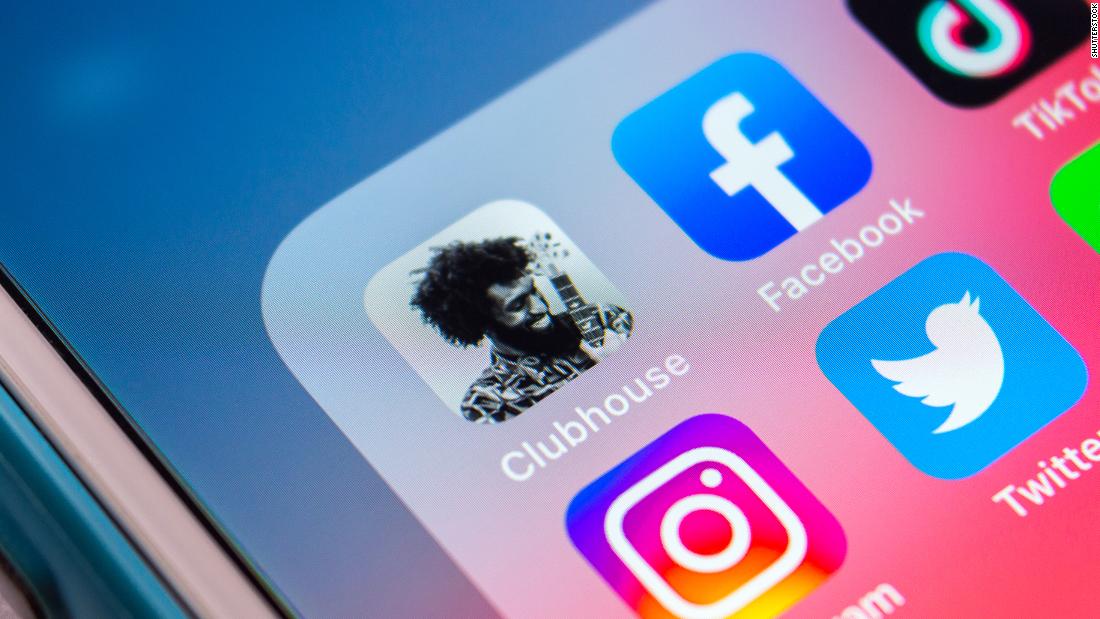Facebook stays one of the crucial precious, largest and greatest recognized expertise firms on the planet. It, together with Google, dominates the internet marketing market. But lately, it has made way more headlines for cloning common options from opponents than it has for constructing revolutionary options and merchandise first by itself.
Instead of mind tech or different novel {hardware} units, Facebook has launched a lengthy checklist of copycat merchandise lifted from
YouTube,
Twitch,
TikTok,
LinkedIn, Pinterest and Slack. Facebook has
taken on popular dating apps, launched a
Craigslist competitor, and famously ripped off
Snapchat’s most popular feature Stories in 2016, shortly earlier than the latter went public. And in response to a report this week, Facebook is now trying to do the identical with
Clubhouse, the audio-focused app of the second.
Some of those efforts have led to scrutiny from regulators within the United States. Facebook has been accused of utilizing “its dominance and monopoly power to crush smaller rivals and snuff out competition,”
in the words of New York Attorney General Letitia James, who’s main a group of attorneys common in investigating the corporate for potential anti-competitive practices. (Facebook beforehand mentioned that its acquisitions had been cleared by regulators and that customers select their companies as a result of they ship worth.)
But the constant, and really public, cloning efforts additionally elevate basic questions on Facebook’s potential to innovate, which is usually considered the lifeblood of any expertise firm. Facebook is definitely not the primary or solely tech firm to repeat merchandise — each on-line platform has seemingly copied TikTookay to some extent, together with
Snapchat and
YouTube. But it is also laborious to recollect the final time Facebook created one thing really revolutionary that was its personal.
Tucker Marion, an affiliate professor at Northeastern University centered on entrepreneurship and innovation, mentioned copying and buying rivals is not a unhealthy technique, but it surely must be coupled with the corporate additionally pursuing its personal unique concepts.
“You really can’t sustain yourself unless you’re doing that,” he mentioned. “At some point you’re going to face a reckoning and look in the mirror and realize you’re the ancient quarterback that needs to do something else.”
A consultant for Facebook didn’t instantly reply to a request for touch upon this story.
To be honest, innovating is tough and moonshots are simply that. Google has burned billions of {dollars} on tasks starting from its
ambitious internet balloon venture to
self-driving cars and has become extra diligent about shuttering tractionless experiments.
Facebook has taken some notable swings within the years because it launched the News Feed in 2006 — months after Twitter launched — and helped change the best way individuals devour info on-line. It debuted the
Facebook phone (flopped), experimented with a
solar-powered flying internet delivery drone (which it killed), and a new cryptocurrency (TBD, however
some early struggles). Many different flops might be seen littered throughout a consumer’s homepage within the type of seldom, if ever, used buttons.
On the opposite hand, a few of its efforts to imitate rivals have been massively profitable. Instagram Stories, its Snapchat clone, has become a default means of speaking and connecting for tens of millions of individuals, myself included. Facebook Marketplace has emerged as a common and seemingly safer various to Craigslist (at the very least I really feel that means), and it is become my go-to strategy to promote issues domestically. (I’ve additionally purchased a espresso desk, a number of items of artwork and a desk on Facebook Marketplace, simply prior to now 12 months.)
On Wednesday, after the New York Times
reported that Facebook is creating an audio chat product that’s just like Clubhouse, Facebook spokesperson Joe Osborne mentioned the corporate is “always exploring ways to improve” the audio and video expertise. Osborne additionally added that fixed iteration and enhancements on concepts and merchandise is the story of Silicon Valley, and as a end result it creates extra selections for shoppers.
To some extent then, Facebook has overtly embraced the position of an iterator quite than an innovator.
As Kevin Systrom, the cofounder and former CEO of Instagram,
once put it when requested concerning the copying concern: “Imagine the only car in the world was the Model T right now. Someone invents the car, it’s really cool, but do you blame other companies for also building cars that have wheels and a steering wheel and A.C. and windows? The question is, what unique stuff do you build on top of it?”
In some ways, that is true. The typical client does not care who considered the thought first; they care who executed it greatest. Apple did not invent the smartphone, it simply constructed one of the best one on the time. That’s additionally why Instagram Stories
quickly trounced Snapchat’s total consumer base in lower than a 12 months, regardless that Facebook wasn’t the one which invented disappearing posts. And it is also why Reels, the quick form-video characteristic, has
struggled to gain traction and compete with TikTookay’s highly effective suggestion algorithm.
Even its brain-typing tech wasn’t completely novel. Less than a month earlier, Elon Musk
teased plans to hook up brains with computer systems. Other brain-computer interfaces have been within the works for many years. And but, I can not assist hoping to get up someday to a pitch from Facebook that it has certainly invented one thing as breathtaking as a mind reader, quite than one more model of a product we have already seen.




